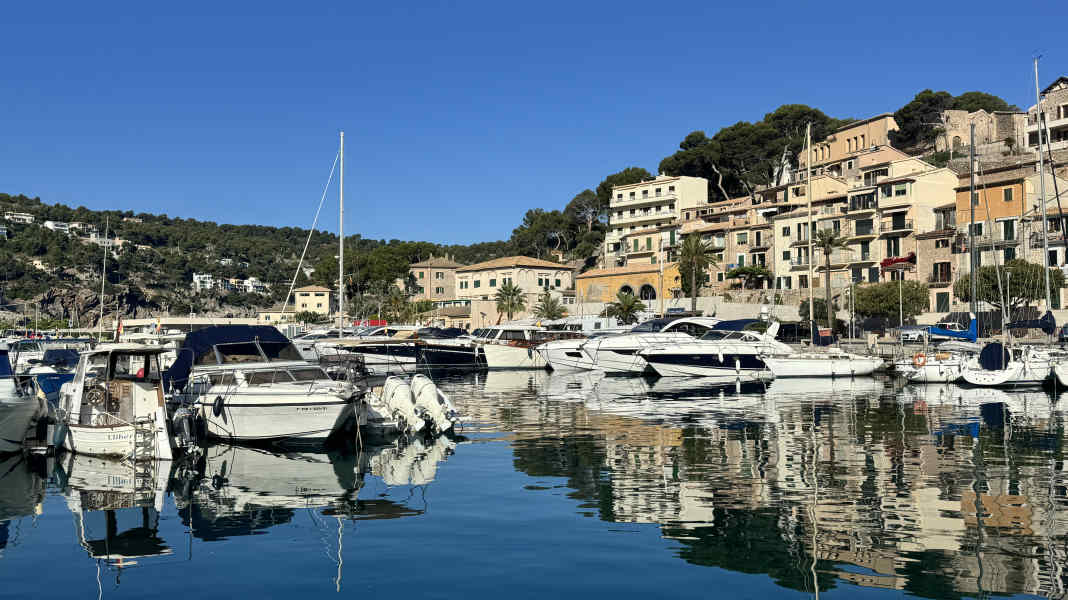
Since August, charter providers in Spanish waters have had to adjust to stricter regulations and increased administrative costs. The new regulations affect all operators of charter boats, regardless of whether they sail under Spanish or foreign flags. At the same time, a draft amendment to Balearic Decree 21/2017 was published, which will further tighten the requirements for charter operators in this region.
The regional government of the Balearic Islands has put a stop to "Airbnb on the water".Balearic Islands: Private boat hire prohibited!
The measures are aimed at improving the control of charter activities in Spain and entail extensive new documentation and verification obligations.
Identification of the charter provider
The new regulations place particular emphasis on the clear identification of the charter operator. It must be clearly documented whether the owner himself or a management company is carrying out the charter activity. The required documentation includes an operating agreement that clearly regulates responsibilities. If the operator does not have an address in Spain, a contact person must be named who will act as the point of contact for the authorities. In addition, registration in the corresponding operator category is mandatory. These measures are intended to ensure that a responsible contact person is always available in the event of questions or problems and to facilitate supervision by the authorities.
The new regulations also focus on the complete documentation of the charter vessel. Commercial use must be clearly documented in the ship's papers and all flag regulations must be complied with. Operators must also be able to provide proof of liability insurance, special passenger insurance and payment of the charter fee. A particular innovation is the obligation to fly an international signalling flag (Maritime Code Flag) on board, which identifies the ship as a charter boat. These comprehensive documentation requirements are intended to ensure the safety of passengers and at the same time enable a clear distinction to be made between privately and commercially used boats.
Authorisation of the charter location
The new regulations also regulate in detail the requirements for the location of the charter activity. This must be approved by the relevant harbour authorities, buoy operators or the coastal authority. Particularly important: any change of location during the charter activity must be reported to the competent authority in advance. This regulation represents a considerable tightening of the rules, as it restricts the flexibility of charter companies and means additional administrative work. At the same time, it allows the authorities to better control the movements of charter boats in Spanish waters and can help to avoid congestion at popular anchorages.
One of the most far-reaching changes concerns the documentation of all persons on board. In future, charter operators will have to keep a logbook in which detailed information on all persons embarking and disembarking is recorded. This includes the name, passport number, nationality and address of each passenger and crew member. This measure not only serves to improve safety, but also to better control the actual use of charter boats. The documentation obligation applies for the entire duration of the charter activity and must be complete.
Consequences for the charter provider in the event of violations
The Spanish authorities are making it clear that they will take consistent action to enforce the new regulations. Any incomplete, incorrect or false information may lead to the immediate prohibition of chartering activities. In addition, offences may result in sanction proceedings, which can result in severe penalties for operators. The strict consequences emphasise the seriousness with which the Spanish authorities are pursuing the regulation of the charter market. For charter operators, this means that they should review and adapt their documentation and reporting processes in good time before the new regulations come into force.

